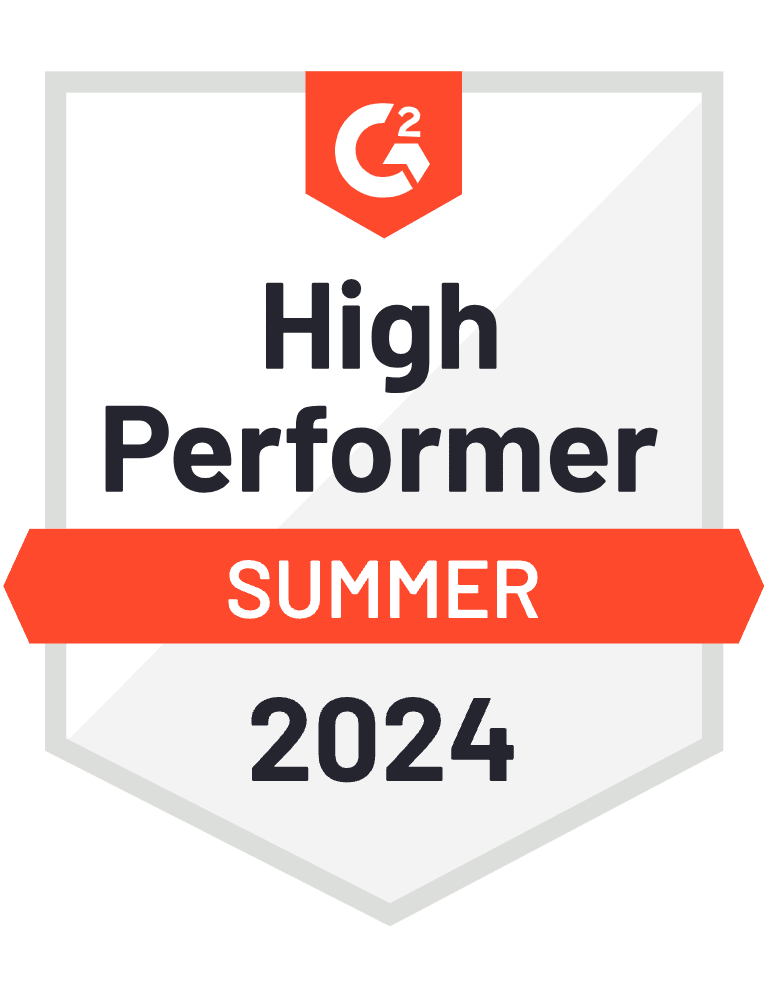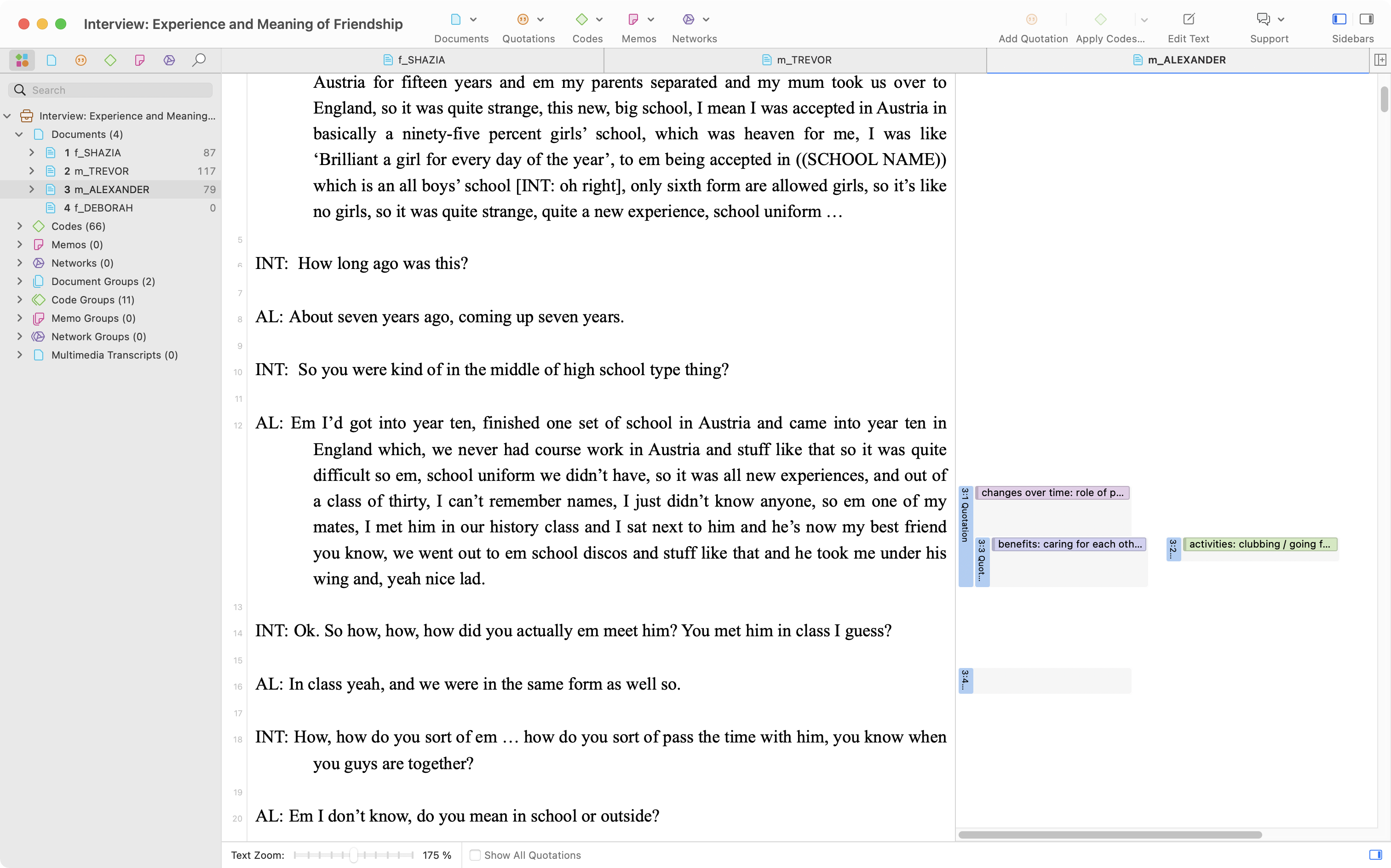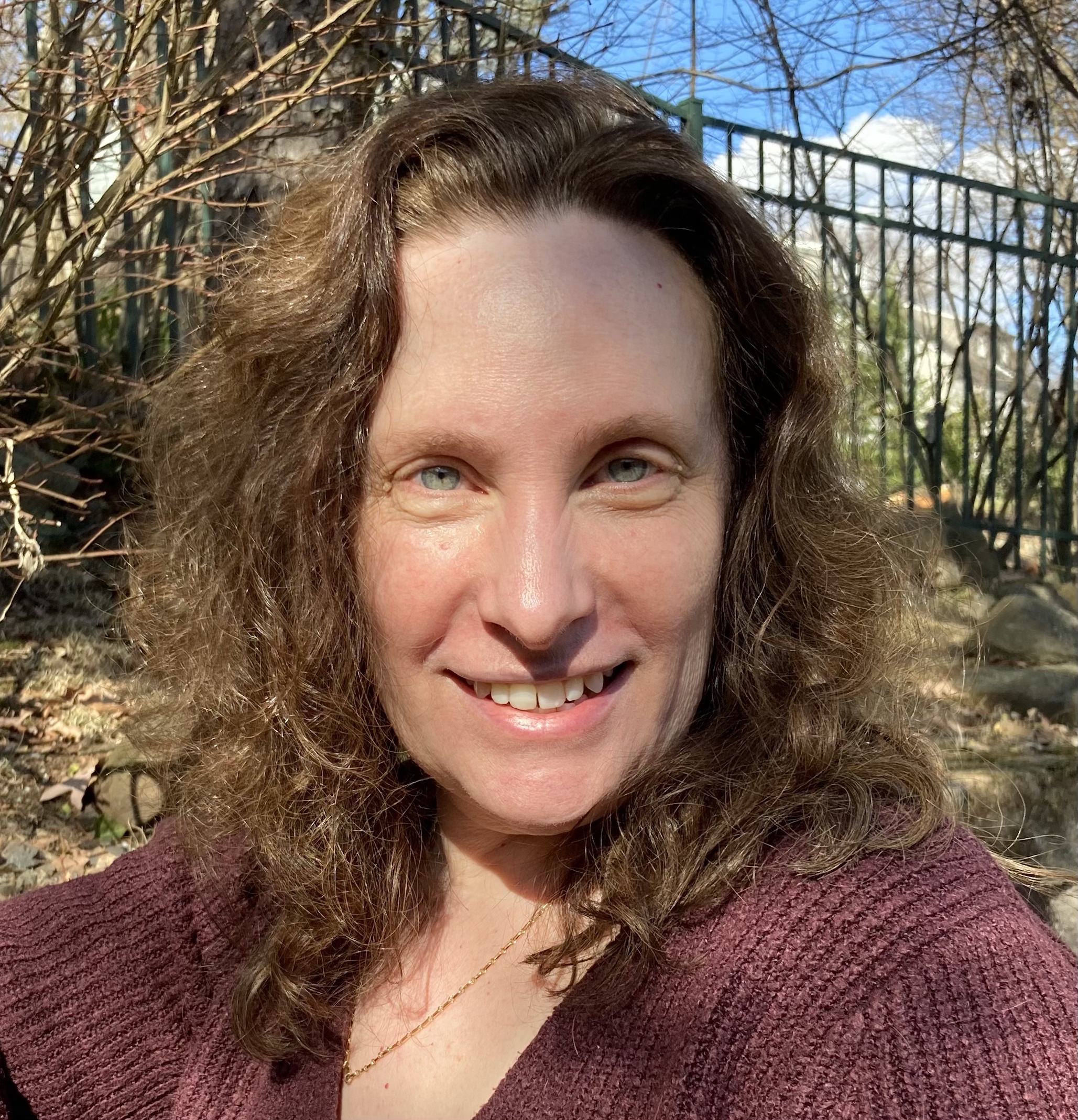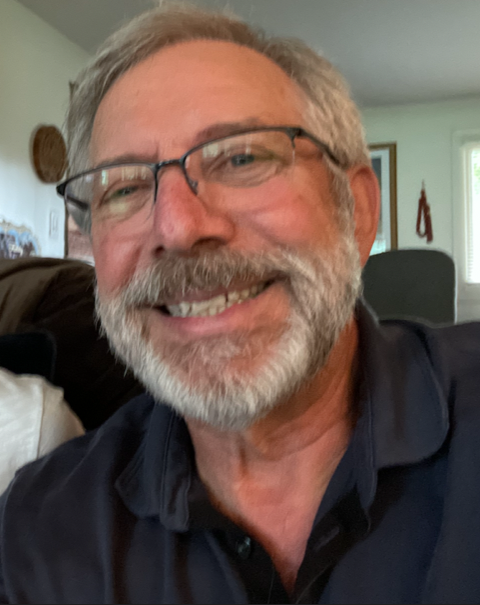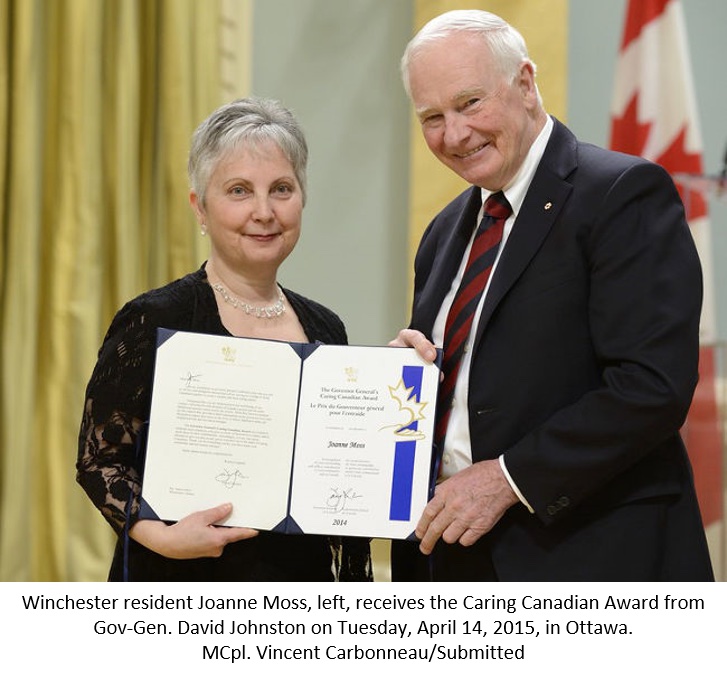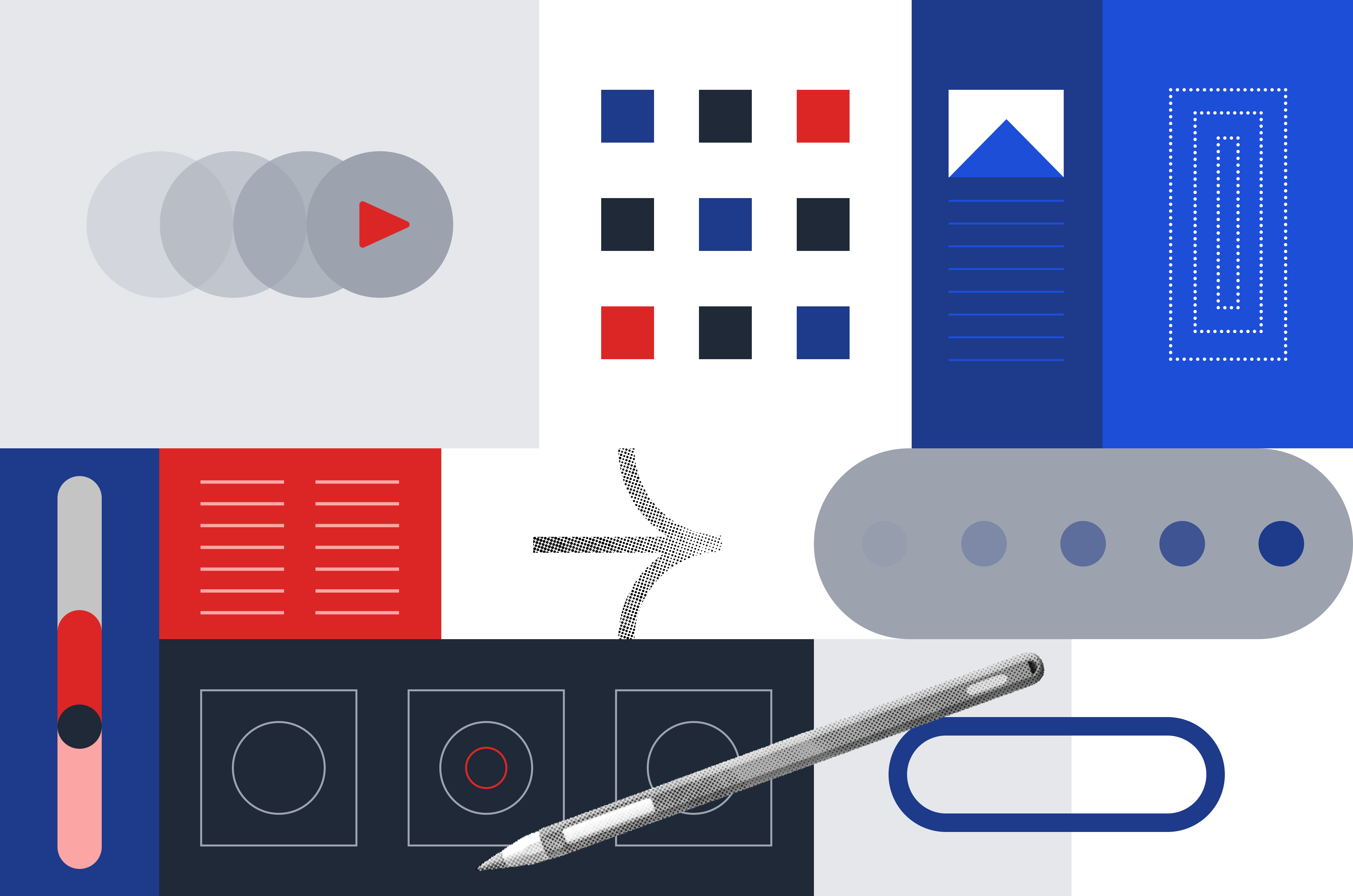
Get deeper insights with better focus group data analysis
Perform qualitative data analysis on all sorts of data, from simple text transcripts to video recordings for a more detailed picture. Besides smart auto coding and real-time team collaboration, ATLAS.ti provides you with a wide range of intuitive research tools for faster results of your focus group analysis.
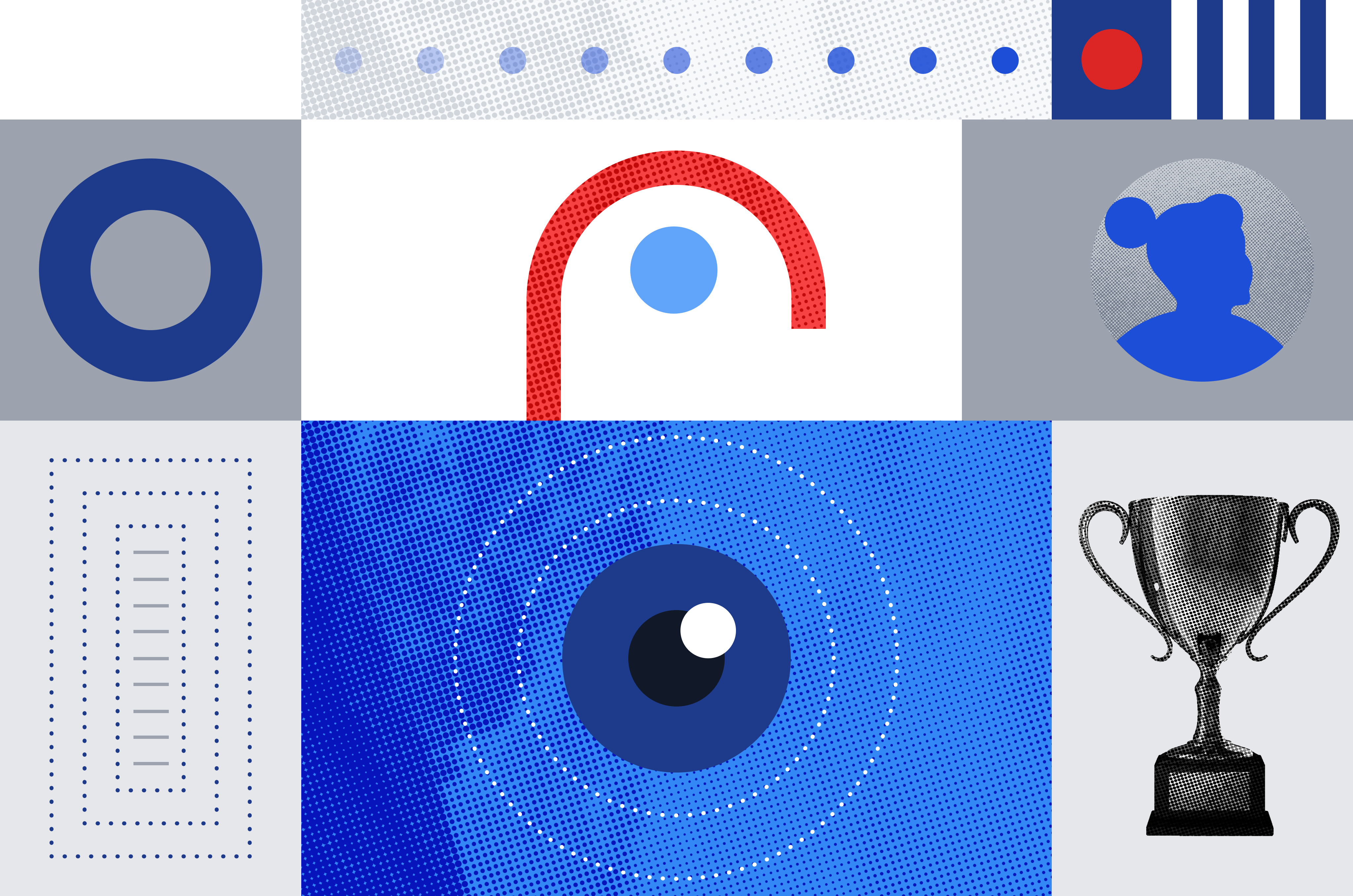
Figure out the "why" behind your participant's motivations
Understand the behaviors and emotions that are driving your focus group participants. Among all qualitative analysis software packages, ATLAS.ti is perfectly suited for transforming your raw data and turning it into qualitative insights you can learn from. Easily determine user intent in the same spot you're deciphering your overall focus group data.
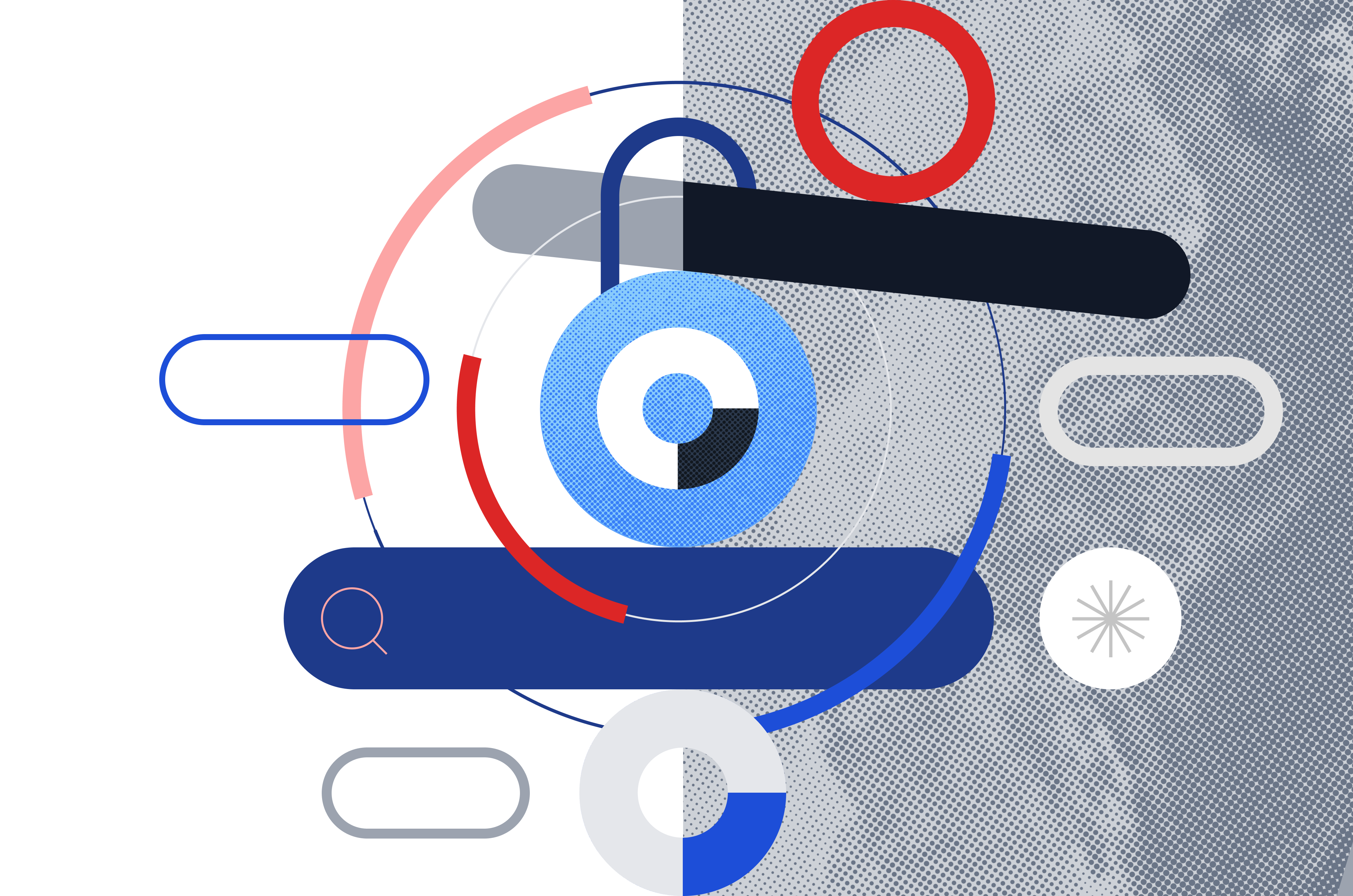
Visualize your research findings like never before
We make it simple to present your analysis results with meaningful charts, networks, and diagrams. Instead of figuring out how to communicate the insights you just unlocked, we enable you to leverage easy-to-use visualizations that support your goals.

